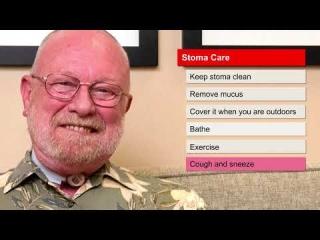The Mental Health Impact of Head and Neck Cancer
Join Head and Neck Cancer Alliance and Cancer Support Community for a talk with a head and neck cancer survivor, social worker, and nurse practitioner about the mental health challenges for someone diagnosed with head and neck cancer.






